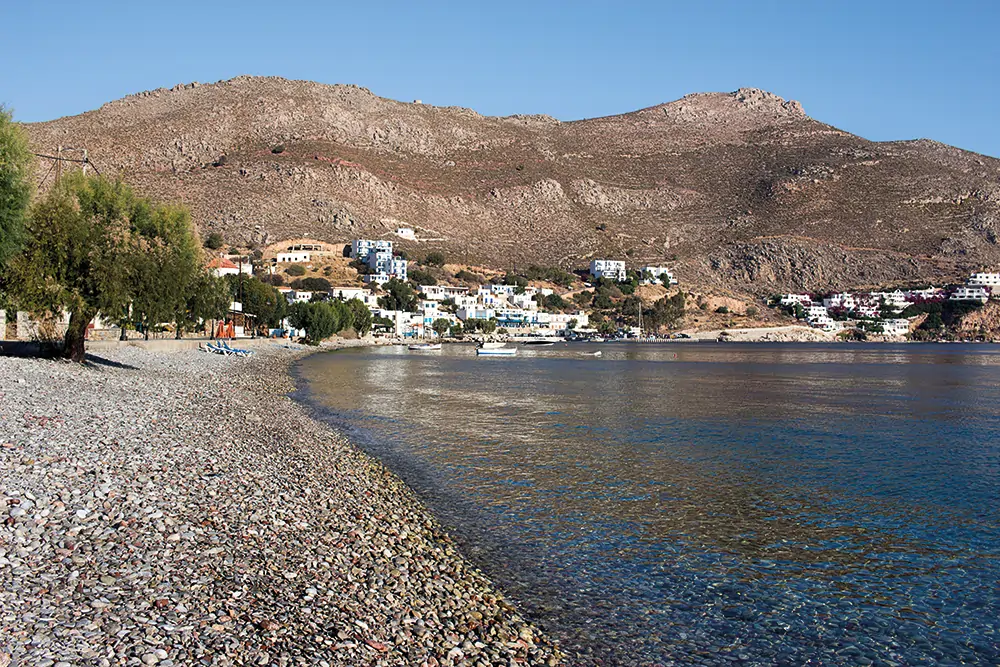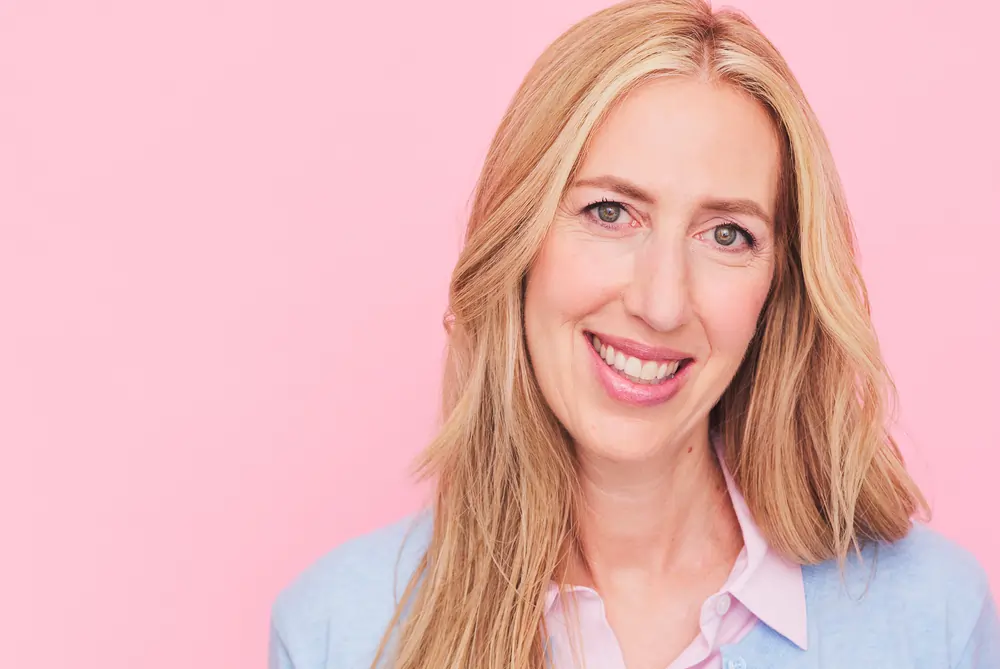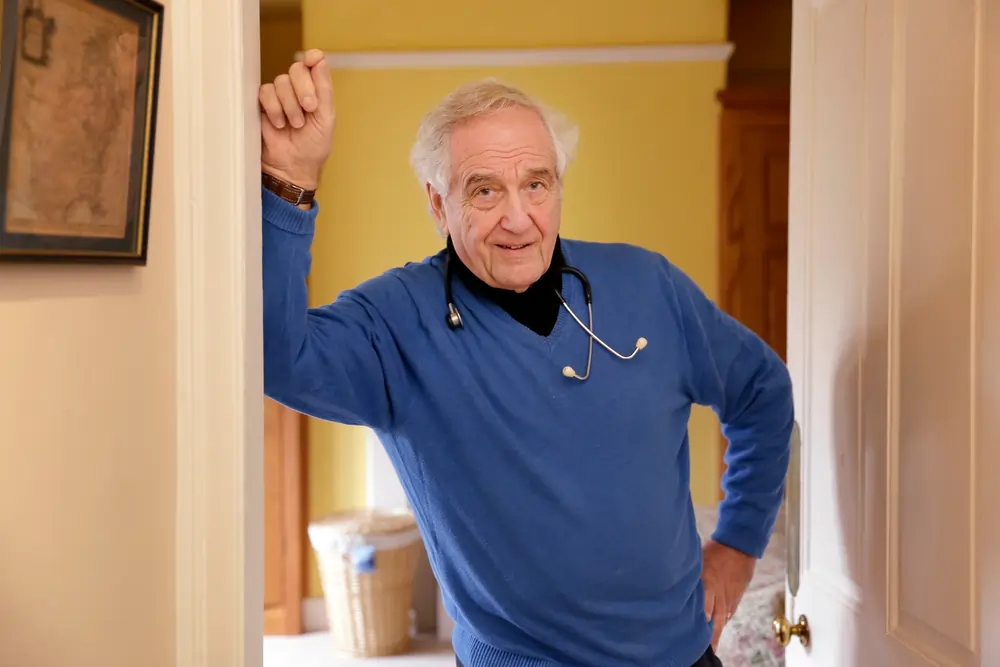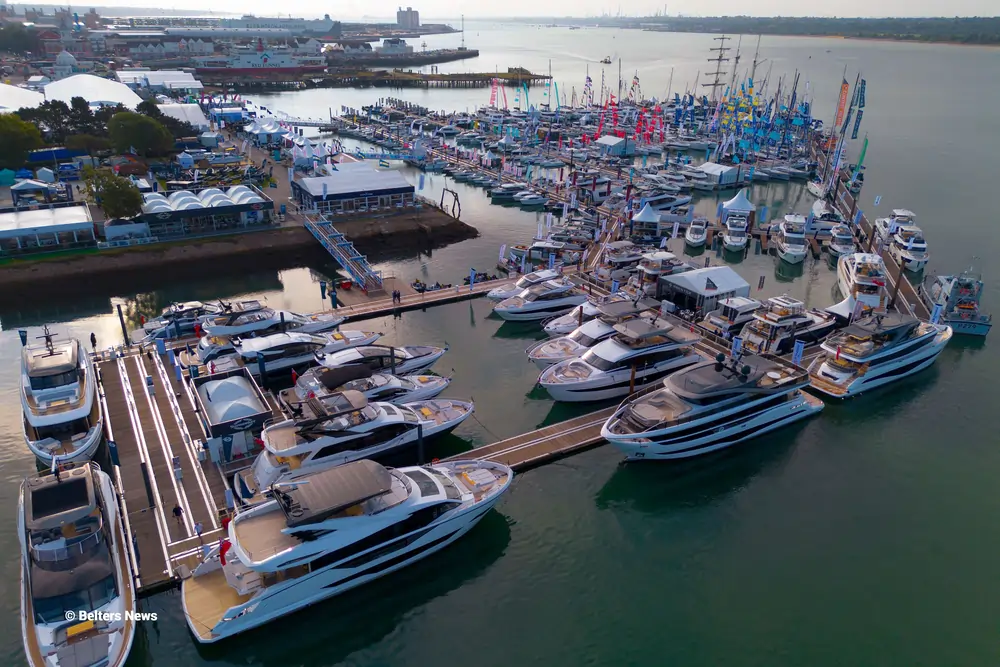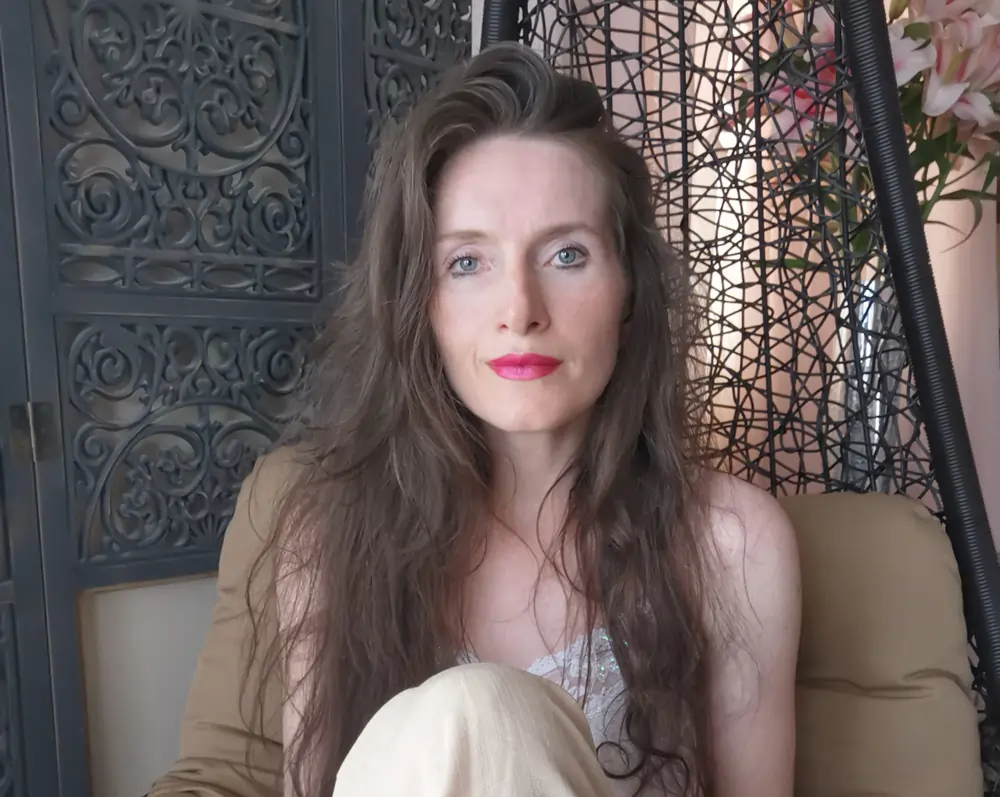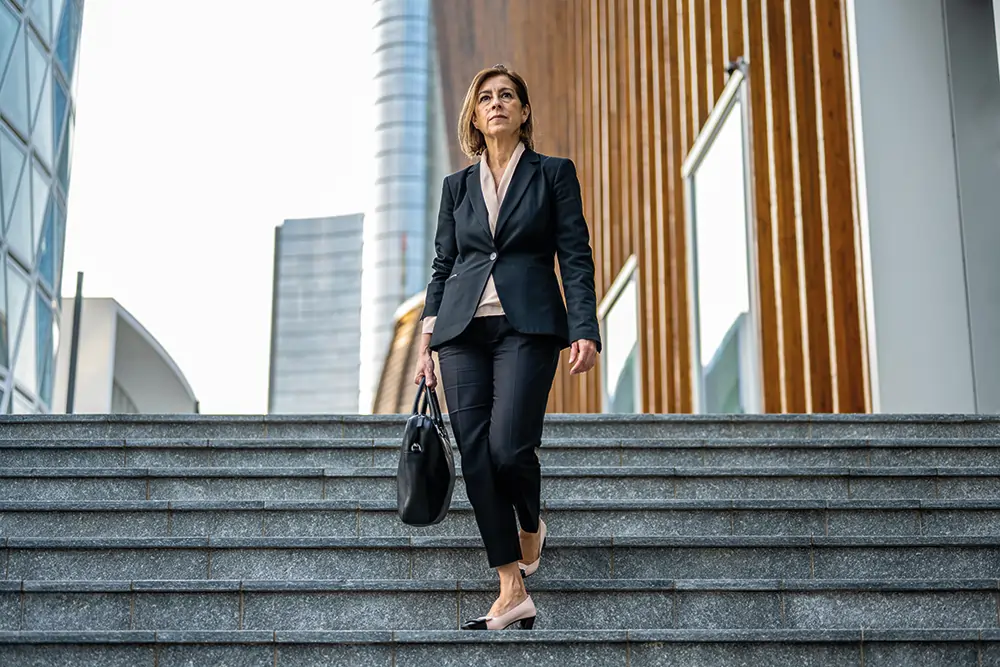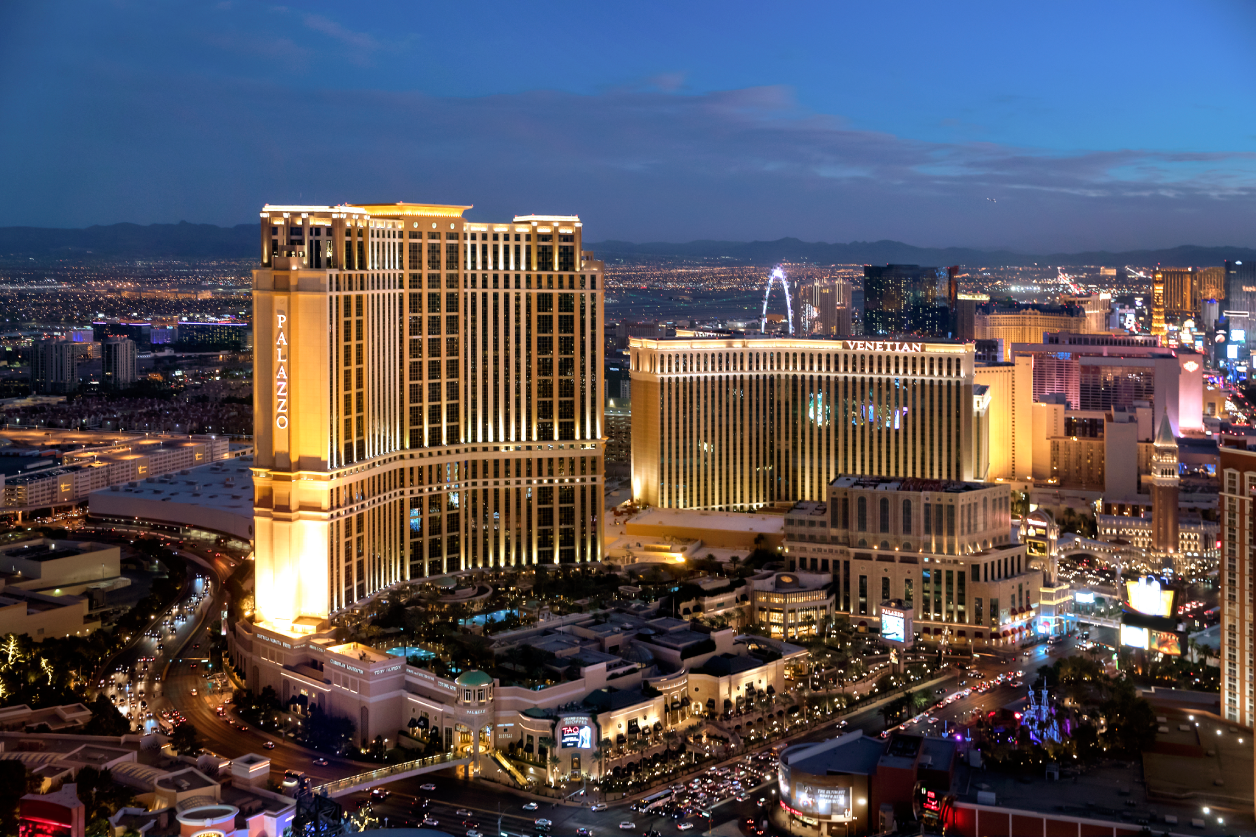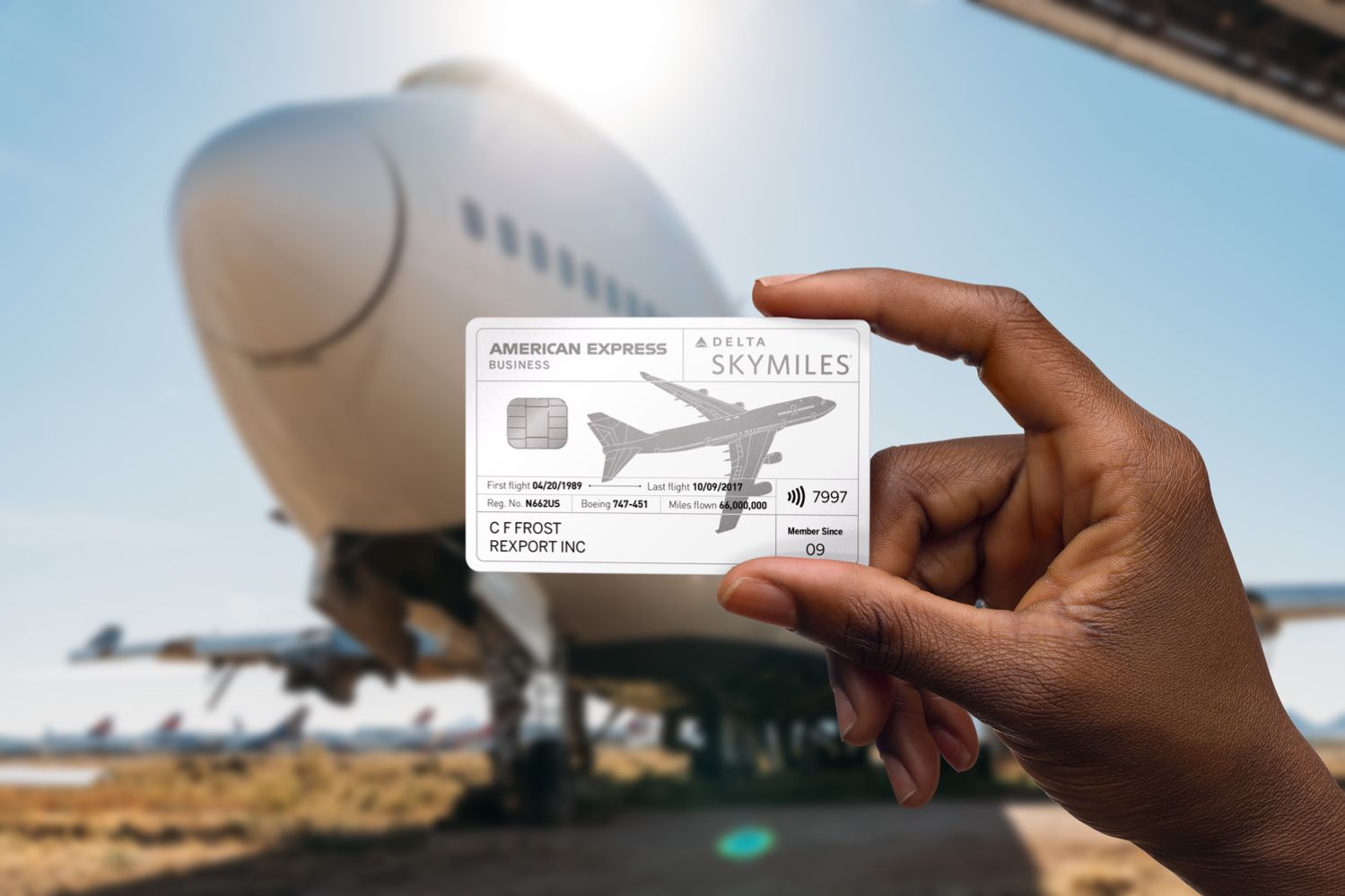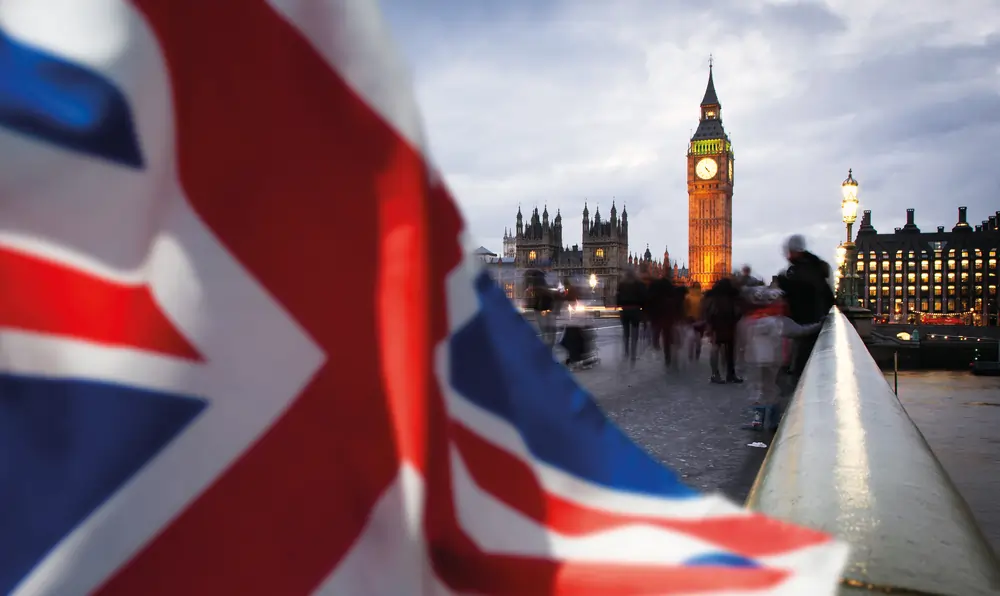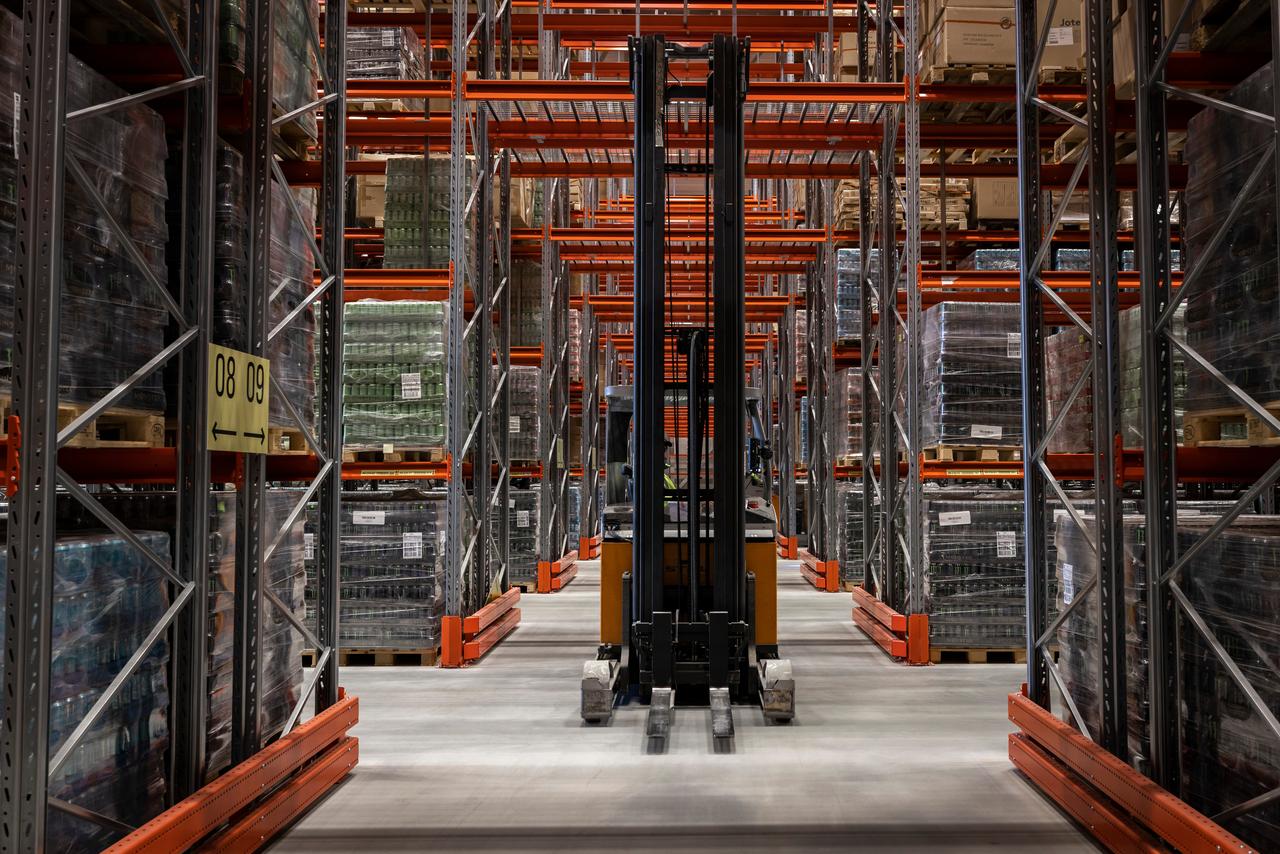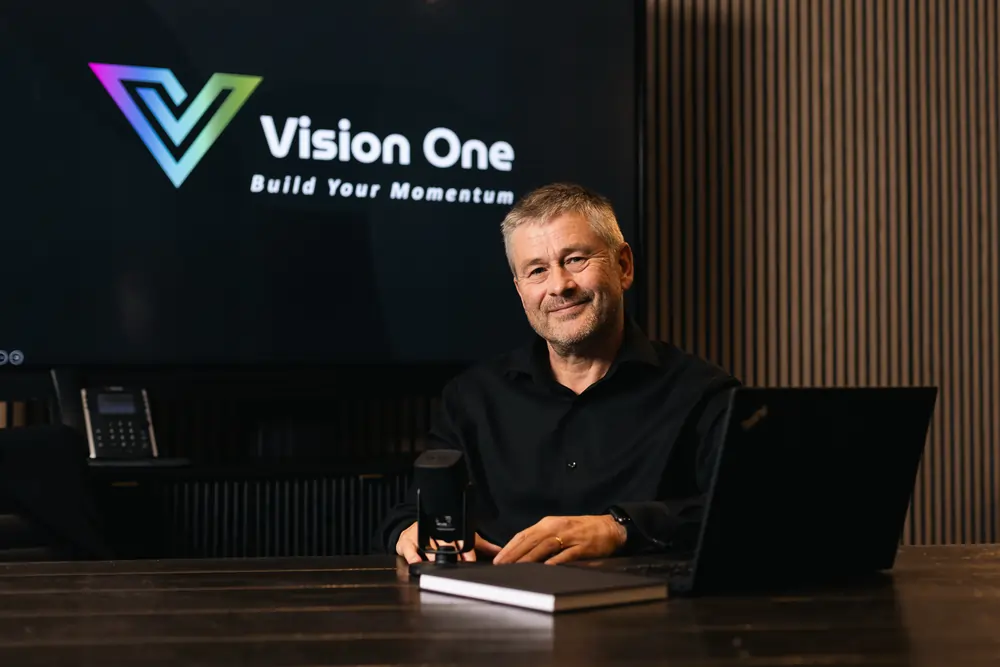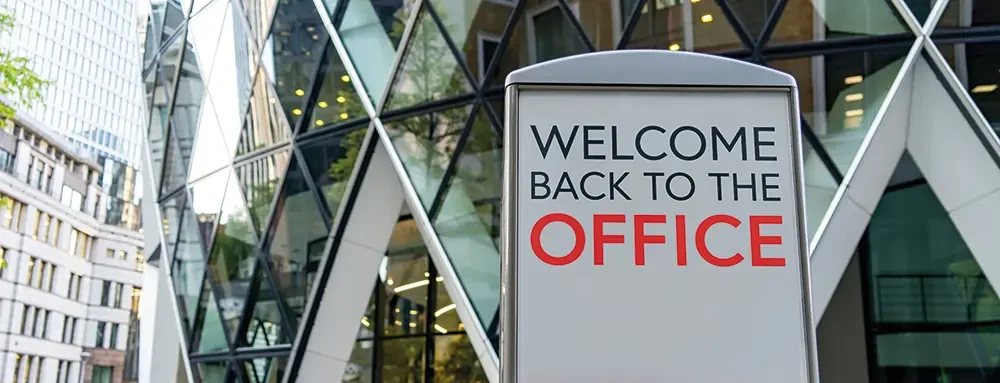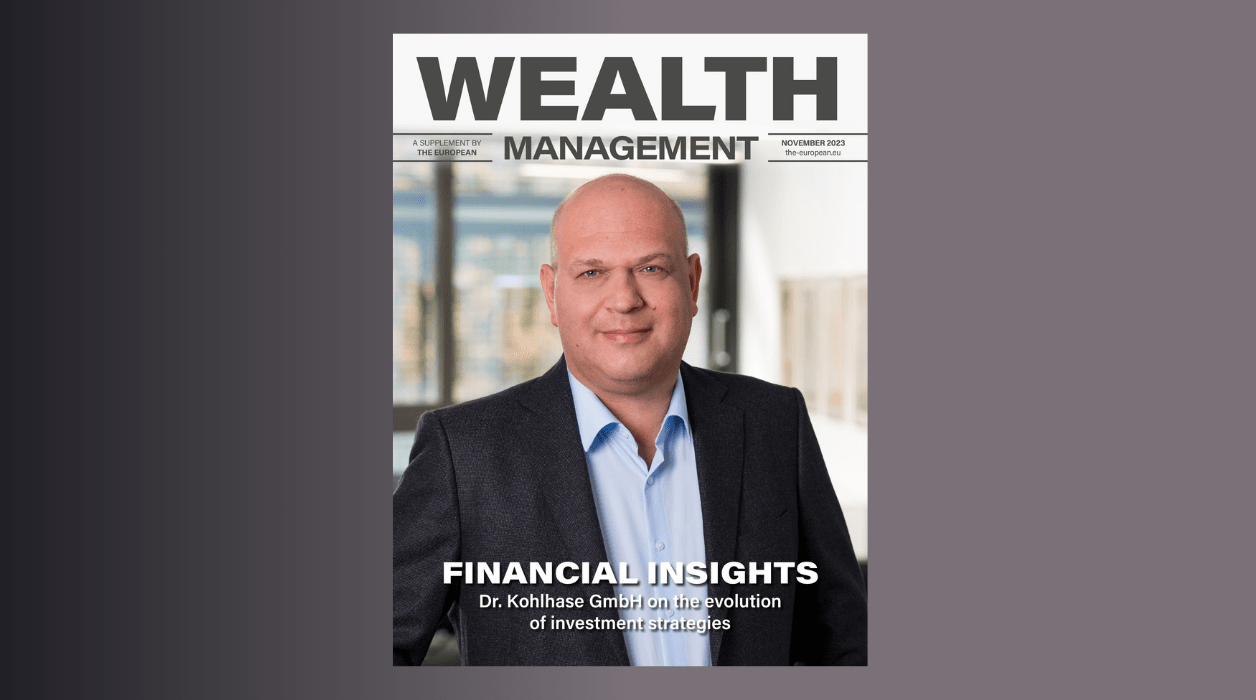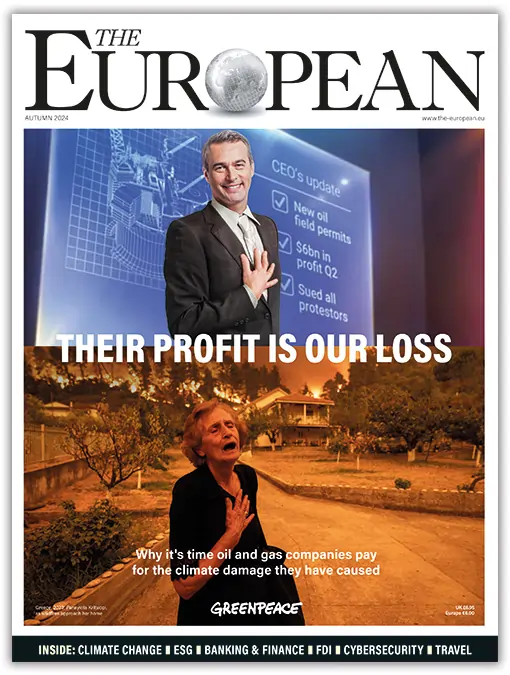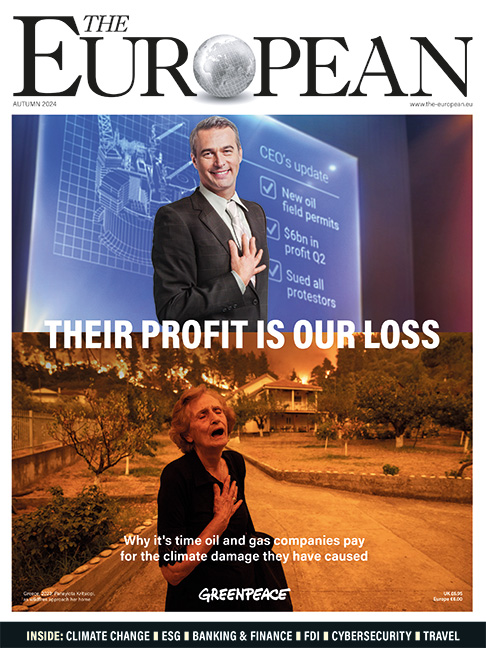Atalay Atasu of INSEAD explains how circular economy solutions on a small Greek island have led to a monumental waste management breakthrough
Imagine a pristine island with no trash or bins in sight. Even to the most ardent believer in sustainability, such a paradise must seem like a distant dream. But on the charming island of Tilos, there are indeed no bins in public areas.
The Greek island has become a shining example of a zero-waste island, thanks to the revolutionary business model of circular economy solutions provider Polygreen. In Greece, as in so many countries, current waste management business models provide no incentive for waste management companies and residents to cut waste – something Polygreen recognised must change. So, instead of going with the flow, Polygreen went in the opposite direction: it removed all public trash bins on the island and focused on maximising value from recovering used materials.
Thinking outside the box
In a typical waste-management model, the municipality awards the contract to the waste management company with the most attractive bid and pays the company based on the volume of waste processed. This means that the more waste the company processes, the more revenue it earns. This business-as-usual scenario follows the linear-economy model, which involves resource extraction, production, consumption and waste disposal. The widely held belief that economic growth needs to be fuelled by higher production and sales only increases the mounting waste problem.
Unfortunately, organisational inertia and ingrained managerial practices reinforce the workings of the linear economy. Municipalities continue to follow a linear waste management system and typically award contracts based on cost. And to lower costs, waste management companies seek to improve the collection, transportation, segregation and processing of waste – but not its reduction. Unsurprisingly, a holistic framework to transform waste to resources is lacking in the global waste management paradigm. There is also little room for innovation or imagination.
But what if we could disrupt the model and change the waste management paradigm? Looking beyond the narrow confines of providing value by handling waste better, Polygreen took a holistic view of value to its stakeholders. Under its Just Go Zero Tilos initiative, it removed all trash bins from public areas and the unsightly, polluting landfill. The educational and community engagement model offered a holistic solution to transform waste into resources, representing a shift from a linear to a circular business model.
Thinking out of the box paid off. For the residents of Tilos, the cleaner island, beaches, water and air improved their quality of life. And for the municipality, more satisfied inhabitants, cost savings from converting waste to energy and the increased tourist appeal of Tilos are not only inviting, but tangible.
Influencing human behaviour
With a population of about 1,000 inhabitants and averaging 3,500 tourists per day in summer, as estimated by a Polygreen executive, Tilos might simply appear to be a small pilot project. But even for a small population, achieving zero waste was no mean feat. There is much we can learn from the Greek island, and in particular, that implementing sustainable solutions has everything to do with influencing human behaviour.
The sight of trash on the beaches and pollution from the landfill may have bothered inhabitants, but they simply continued paying taxes to the municipality, who outsourced the problem to a waste handler. Residents were not part of the solution until Polygreen offered tangible, practical solutions that were easy for them to understand and implement. The first step was the removal of all public bins, so that inhabitants had to sort and recycle 100% of their waste.
Confronted with the initial scepticism of the islanders, Polygreen embarked on education programmes to engage every household and resident, as well as tourists. It was a success; the engagement level of residents was over 95%, and they were eventually intrinsically motivated to contribute to the betterment of their island. Tracking the contribution of each individual also appeared to bring about a sense of pride and reinforce desirable behaviour.
And they are right to be proud. The island has achieved 85% material recovery – well above typical best performance of around 75%. The remaining 15% of waste goes into waste-to-energy systems to generate energy.
From zero to hero
The transformation seen on this first zero-waste island is nothing short of impressive. But can it be replicated in other parts of the world? The success hinges on changing consumer behaviour. Can we recreate this engagement and positive societal movement? What does it take to activate the intrinsic motivation that changes behaviour?
These are among questions that researchers under INSEAD’s Sustainable Business Initiative seek to answer through empirical research on Tilos – and this is how a research collaboration came full circle. I met Imran Gill, a senior executive at Polygreen in an INSEAD classroom while teaching my Business Sustainability Thinking course, which led to the first academic-industry research collaboration with Polygreen.
The multidisciplinary study sets a solid foundation for research on practices that lead to better economic, environmental and social outcomes, and the practical challenges organisations face in their sustainability transformation. In turn, insights from research will be brought into INSEAD classrooms to support other organisations and take them from inspiration to execution.
Indeed, for circular economy solutions to deliver tangible, positive outcomes, it takes more than inspiration. Businesses need practical frameworks and tools to help them integrate sustainability with core business functions and innovate their business models to create value for their stakeholders and society, while achieving financial viability. Among the impediments to sustainability transformation, linearly designed manufacturing systems and consumer habits are among the biggest hurdles. Reducing waste and rethinking resources are not typical issues at the top of consumers’ minds, so we need to start by rethinking consumption, in particular consumer behaviour – as Polygreen did.
As a first mover, the company also had the ingredients for success: conviction and the commitment of its leadership, the right metrics beyond narrow KPIs and a robust operating model to break the ingrained business practices that have been driving the linear economy. The success in Tilos is an inspiration that business can be a force for good. Polygreen is not stopping at Tilos – and for INSEAD’s Sustainable Business Initiative, this is only the beginning.
About the Author
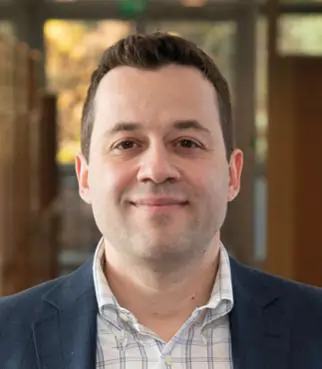
Dr Atalay Atasu is Professor of Technology and Operations Management at INSEAD. His research focuses on socially and environmentally responsible operations management, with topics of interest including the circular economy, extended producer responsibility, and environmental regulation.

